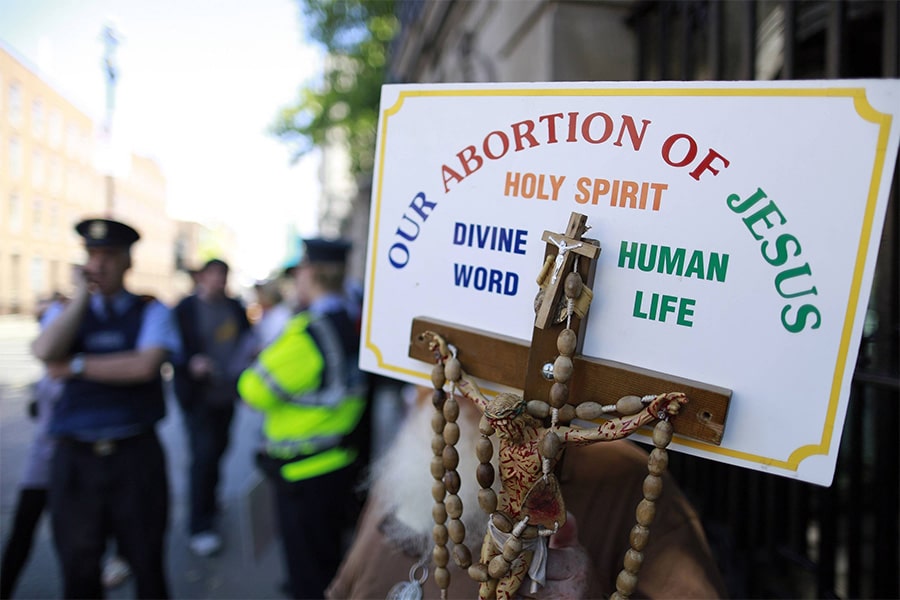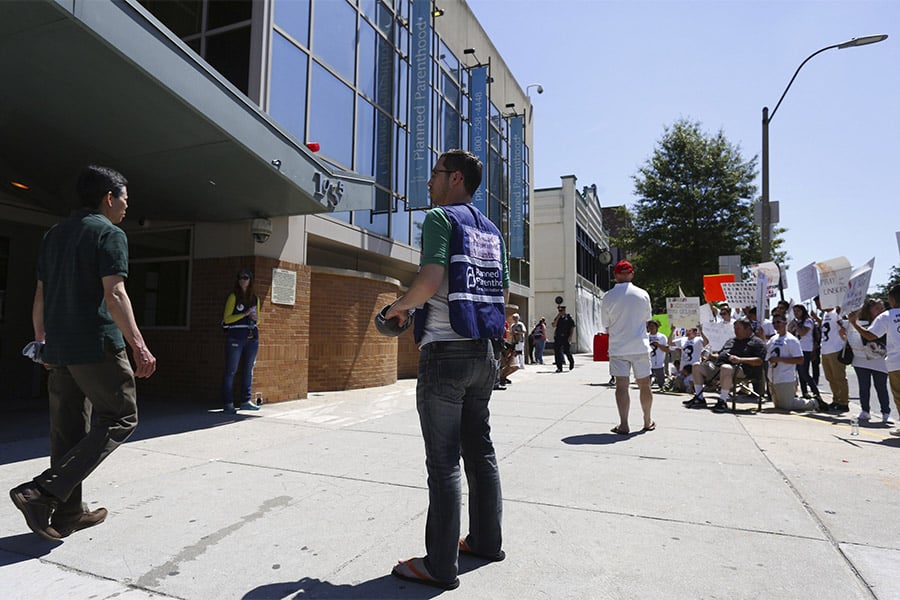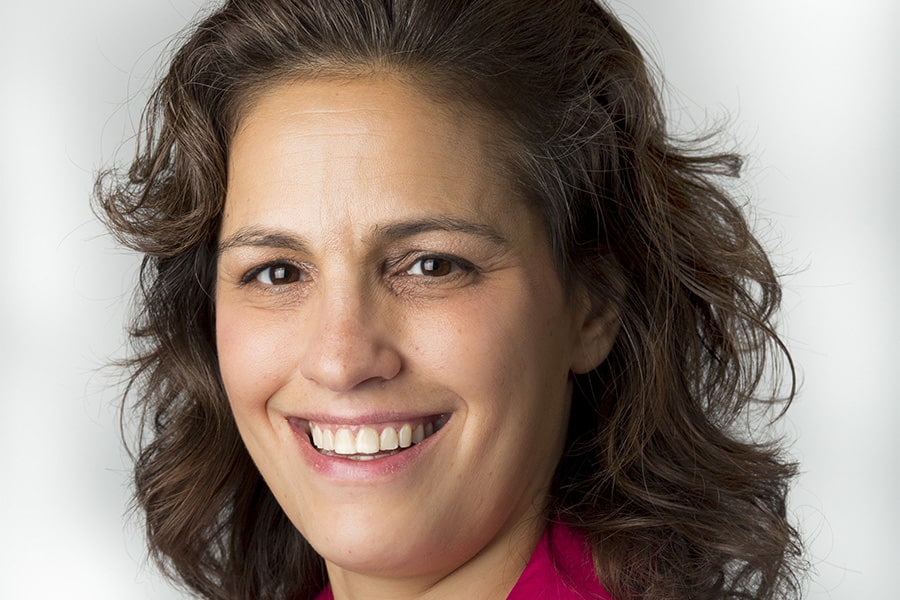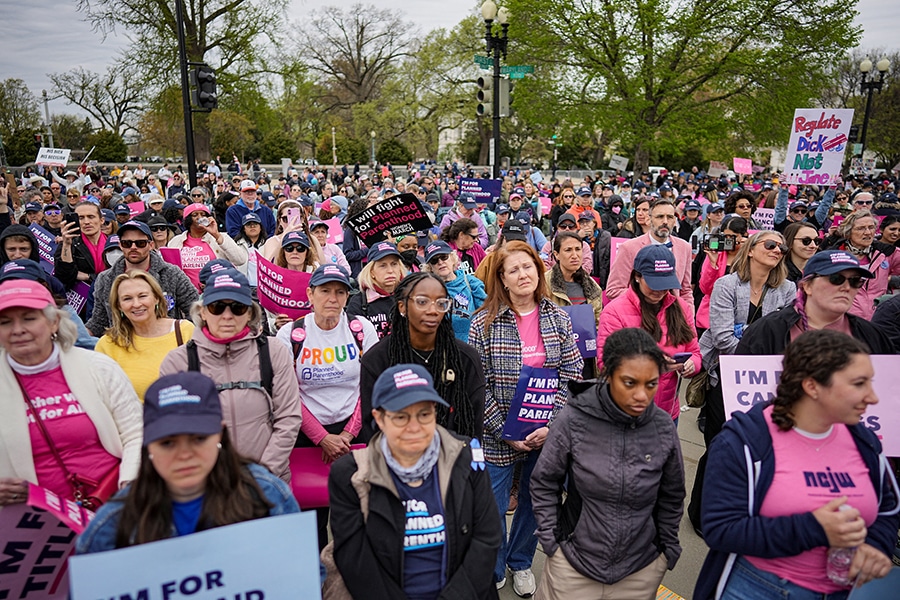WASHINGTON (OSV News) — Just four states were responsible for three-quarters of the executions that took place in the U.S. in 2024, according to a new report by the Death Penalty Information Center.
The group’s “The Death Penalty in 2024: Year End Report,” published Dec. 19, found 2024 was the 10th consecutive year where fewer than 30 people were executed — 25 people — and where fewer than 50 people were sentenced to death, with 26 sentences imposed.
Robin M. Maher, executive director of the Death Penalty Information Center, told OSV News that “the thing that struck all of us when we were drafting this report was just how local a story the death penalty has become in the United States.”
“Progress is not always linear, which is why long-term trends and perspective are so important,” Maher said. She added that the overall trend showed that “support for, and use of, the death penalty is continuing to decline,” even as its “active use” by a handful of states increases.

“We see changes in public opinion that tell us that the trend is likely to continue isolating the use of the death penalty” to those states, Maher said.
Ten states — Alabama, Arizona, California, Florida, Idaho, Mississippi, Nevada, Ohio, Tennessee, and Texas — sentenced people to death in 2024, the report found.
Florida imposed the highest number of new death sentences, at seven. Texas was a close second at six new death sentences, while Alabama imposed four, California imposed three, and Arizona, Idaho, Mississippi, Nevada, Ohio, and Tennessee each had one new death sentence.
Nine states — Alabama, Florida, Georgia, Indiana, Missouri, Oklahoma, South Carolina, Texas, and Utah — carried out executions in 2024.
Just four states — Alabama, Missouri, Oklahoma and Texas — were responsible for 76 percent of executions.
The report also noted that Alabama in 2024 became the first state to use nitrogen gas for an execution.
Asked about factors behind the use of capital punishment appearing to cluster in a small number of states, Maher replied, “I think that elected officials have not quite caught up with the change in public opinion. And if they were really paying attention to how troubled many Americans feel about use of the death penalty, I think they would be much more reluctant to schedule executions.”
The report cited October 2024 polling by Gallup, showing support for the death penalty at 53 percent, a five-decade low in the U.S. But the polling also found that support for the death penalty decreased among younger Americans. More than half of young adults ages 18 through 43 in the U.S. now oppose the death penalty.
“‘The American public doesn’t believe the death penalty can be used fairly,” Maher said of the shift in public opinion. She cited “a number of very high profile cases of prisoners with compelling evidence of their innocence that drew a great deal of public attention and outrage.”
Several days after speaking with Pope Francis, President Joe Biden announced Dec. 23 that he would commute most existing federal death sentences to life in prison. The move denies President-elect Donald Trump, who has sought to expand the use of capital punishment, the opportunity to carry out these executions after he returns to the White House in January.
Biden became the first U.S. president in 2020 to have campaigned on an openly anti-death penalty platform. Opponents of capital punishment had been pushing Biden to follow through with concrete action in the post-election lame-duck period.
The Catholic Church’s official magisterium opposes the use of the death penalty as inconsistent with the inherent sanctity of human life, and advocates for the practice’s abolition worldwide. In his 2020 encyclical “Fratelli Tutti,” Pope Francis addressed the moral problem of capital punishment by citing St. John Paul II, writing that his predecessor “stated clearly and firmly that the death penalty is inadequate from a moral standpoint and no longer necessary from that of penal justice.”
“There can be no stepping back from this position,” Pope Francis wrote. Echoing the teaching he clarified in his 2018 revision of the Catechism of the Catholic Church, the pontiff said, “Today we state clearly that ‘the death penalty is inadmissible’ and the church is firmly committed to calling for its abolition worldwide.”
The Death Penalty Information Center’s year-end report for 2024 can be accessed here: https://deathpenaltyinfo.org/research/analysis/reports/year-end-reports/the-death-penalty-in-2024
Read More Respect Life
Copyright © 2024 OSV News








